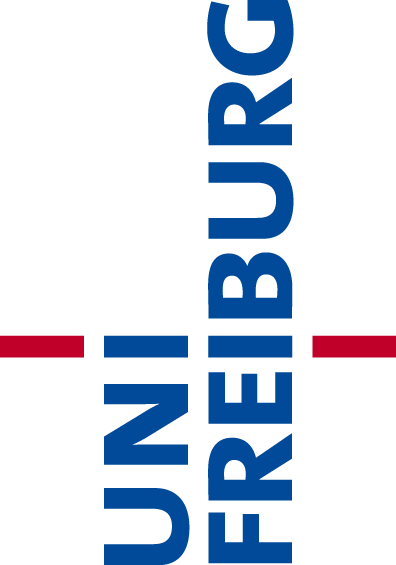Accurate localization is a critical requirement for most robotic tasks. The main body of existing work is focused on passive localization in which the motions of the robot are assumed given, abstracting from their influence on sampling informative observations. While recent work has shown the benefits of learning motions to disambiguate the robot’s poses, these methods are restricted to granular discrete actions and directly depend on the size of the global map. We propose Active Particle Filter Networks (APFN), an approach that only relies on local information for both the likelihood evaluation as well as the decision making. To do so, we couple differentiable particle filters with a reinforcement learning agent that attends to the most relevant parts of the map. The resulting approach inherits the computational benefits of particle filters and can directly act in continuous action spaces while remaining fully differentiable and thereby end-to-end optimizable as well as agnostic to the input modality. We demonstrate the benefits of our approach with extensive experiments in photorealistic indoor environ- ments built from real-world 3D scanned apartments.

Active Particle Filter Networks: Efficient Active Localization in Continuous Action Spaces and Large Maps
Daniel Honerkamp, Suresh Guttikonda, and Abhinav Valada




